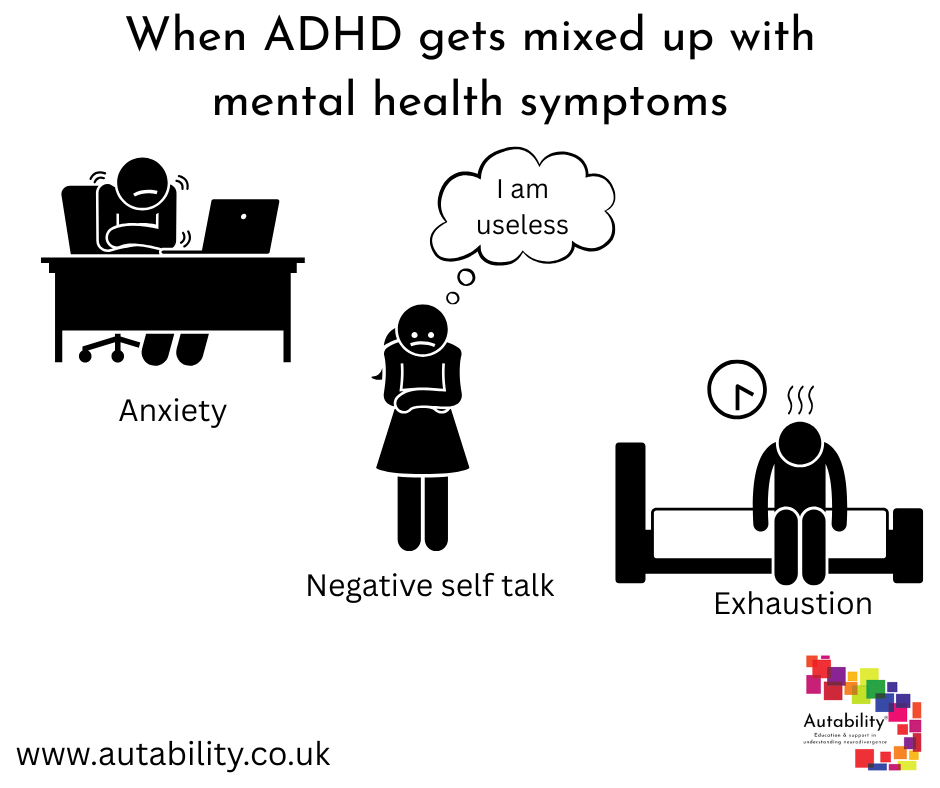When it's not knowledge about 'parenting' that's needed...
- Dec 5, 2022
- 3 min read
We often hear of parents whose first interaction with a health, social or educational professional results in them being told to go to a parenting class. Unsurprisingly this is often met with a resounding chorus of the Pink Floyd hit “we don’t need no education!”
However I know too from my work as a teacher, in my current roles and as a parent of a child with multiple severe disabilities, that sometimes it is needed if not absolutely essential.
Like me, you will be no stranger to parents recounting their “expertise” as you sit in disbelief listening to what they have been told. Sometimes these comments are made because of a lack of understanding of what being a parent entails, but more often it is a lack of understanding of their child’s conditions.
When my son was born critically ill and with no expectation of survival I was numb, but as we were transferred from specialist hospital to specialist hospital I quickly knew that working with so many specialisms I had to swot up.
I had no medical or scientific interest or experience but that had to change. By the time he was a year old I had learnt about nasal flow oxygen, colostomy care, TPN administration, central line care, ng tube insertion, glucose checks and feeding tube care to name a few things. On top of that there were daily physio exercises to boost his muscle tone and help his breathing.
As he got older I added speech and language and OT interventions to our daily tasks and continued to have to learn about my son. It also became easier because as his healthcare became routine, the focus shifted to education which was my territory as a teacher and I had already had an interest in SEND.
Diagnoses of Autism, dyspraxia and mental health followed but again this was known as I had all three. Still there was lots to learn but I was interested, and absorbed myself in learning about alternative techniques and educational methods.
We had some steady years but then came neurology with multiple forms of epilepsy. Again I had personal experience so this wasn’t too difficult to learn. Then came the bombshell - acquired brain injury. This was completely out of my comfort zone.
A consultant neurologist spent two hours initially explaining the working of the brain and in particular the parts which were damaged. This was followed up with several phone calls teaching me about his brain.
Changes needed to be made to lots of his daily activities to help him better.
I have benefited from almost 18 years of education, primarily from healthcare professionals although it would be amiss if I didn’t acknowledge the social and education professionals who have also been involved in ensuring I can support my son.
This has never been about parenting, it has been about giving me the tools and information i need to support him. They have enabled me to enable him to thrive and reach and exceed his expected potential.
Thankfully my son is somewhat extreme but even an autistic child who is in mainstream education deserves their parents/carers to be given the tools to ensure that they can do the same.
I know your time is precious and workload is high but if you think a parent needs an explanation or support to enable their child to thrive, then tell them this. Even if that support will be a generic leaflet or group which maybe not be ideal, remember that a massive element of the success of this support will be in your explanation to the parent of that support.
Written by Charlotte.

.png)



Comments